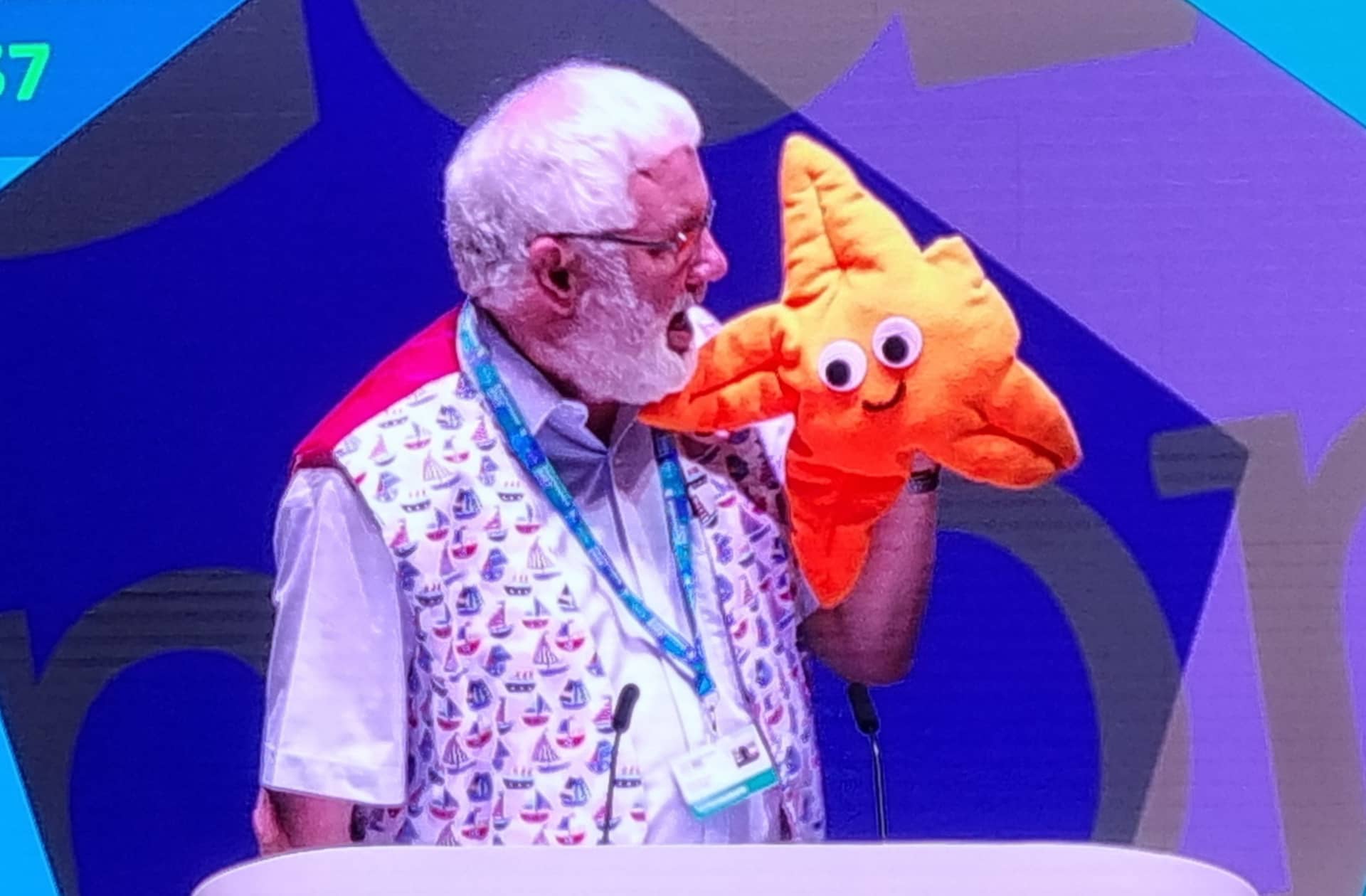Last week the National Education Union held their annual conference in Bournemouth. The Conference venue opened Sunday 10th April and ended Thursday 14th April.
On Thursday, the Isle of Wight’s Peter Shreeve, who is Assistant District Secretary of the National Education Union, proposed a motion exploring the impact of poverty on coastal education.
Disadvantaged coastal pupils
On average, coastal disadvantaged pupils achieve around three GCSE grades lower and make less progress compared to disadvantaged pupils in non-coastal areas.
He explained some challenges,
“Deprivation is the hidden story of many of our coastal towns. The disadvantage gap is shocking. The challenges are many and revolve around education isolation.
“Coastal schools are separated from large urban areas with poor and increasingly expensive transport. Pupils struggle to travel to participate in sporting and cultural activities, work experience and further education. Staff too.”
More than one in five live in poverty
Peter added,
“Schools are not run for the collective good by one local organisation, but too often have limited access to specialist educational support and training and vital local collaboration.
- Staff recruitment and retention. Government demonisation of school standards discourages mainland applicants concerned about their own child’s schooling from applying. There are limited career opportunities and there has been too much instability. The result: Too many staff leave, fewer staff apply – sometimes none at all.
- Finance and Poverty. In the last six months 1,196 hungry Island children – nearly 1 in 8 were supported by the Trussell Trust alone. Too many families are in low paid or insecure work. Latest DWP figures estimate 22.2 per cent of Island under-16s — more than one in five live in poverty.”
Without Gov help will take children longer to catch-up
Throughout his speech, Peter used a starfish puppet, which he called ‘Coastal Sted’ (Standards in Education) to explain.
He ended by saying a starfish can be tough and may shed an arm to escape a predator! But a starfish can regrow a lost or damaged limb in a about a year, but without Government resources it will take children longer to catch-up.
Levelling up plans need to include more
He finished by saying:
“Children can be resilient, but they need help. Schools do not work in a vacuum. Schools cannot overcome the difficulties faced by their students without more help. The levelling up agenda must include a strategy to reduce child poverty, a plan for high wage jobs and modernised affordable transport in coastal areas. Government must provide the necessary resources similar to the London Challenge.
“The specific problems facing coastal towns are not new. But without the infrastructure and investment, both in the community and in education funding, coastal areas will continue to struggle and children and young people will continue to miss out on opportunities.”
News shared by Peter on behalf of the NEU. Ed





